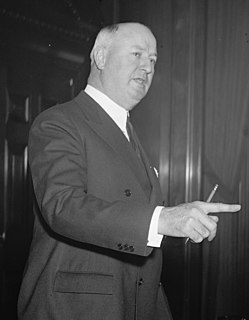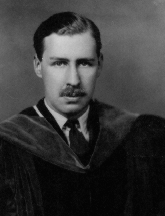A Quote by Paul Valery
Liberty is the hardest test that one can inflict on a people. To know how to be free is not given equally to all men and all nations.
Related Quotes
Local assemblies of the people constitute the strength of free nations. Municipal institutions are to liberty what primary schools are to science: they bring it within the people's reach, and teach them how to use and enjoy it. A nation may establish a system of free government, but without the spirit of municipal institutions it cannot have the spirit of liberty.
The true test of liberty is the right to test it, the right to question it, the right to speak to my neighbors, to grab them by the shoulders and look into their eyes and ask, “Are we free?” I have thought that if we are free, the answer cannot hurt us. And if we are not free, must we not hear the answer?
For stories teach us, that liberty sought out of season, in a corrupt and degenerate age, brought Rome itself to a farther slavery: for liberty hath a sharp and double edge, fit only to be handled by just and virtuous men; to bad and dissolute, it becomes a mischief unwieldy in their own hands: neither is it completely given, but by them who have the happy skill to know what is grievance and unjust to a people, and how to remove it wisely; what good laws are wanting, and how to frame them substantially, that good men may enjoy the freedom which they merit, and the bad the curb which they need.
At the heart of male bonding is this experience of boys in early puberty: they know they must break free from their mothers and the civilized world of women, but they are not ready yet for the world of men, so they are only at home with other boys, equally outcast, equally frightened, and equally involved in posturing what they believe to be manhood.
We must show that liberty is not merely one particular value but that it is the source and condition of most moral values. What a free society offers to the individual is much more than what he would be able to do if only he were free. We can therefore not fully appreciate the value of freedom until we know how a society of free men as a whole differs from one in which unfreedom prevails.
You sit men and women down and give them a maths test, and they will do fairly equally. Then you set up the same test, but with different people, and make them tick a box to say whether they are a man or a woman, and the women do significantly worse in the maths test than they did previously in a group set.






































